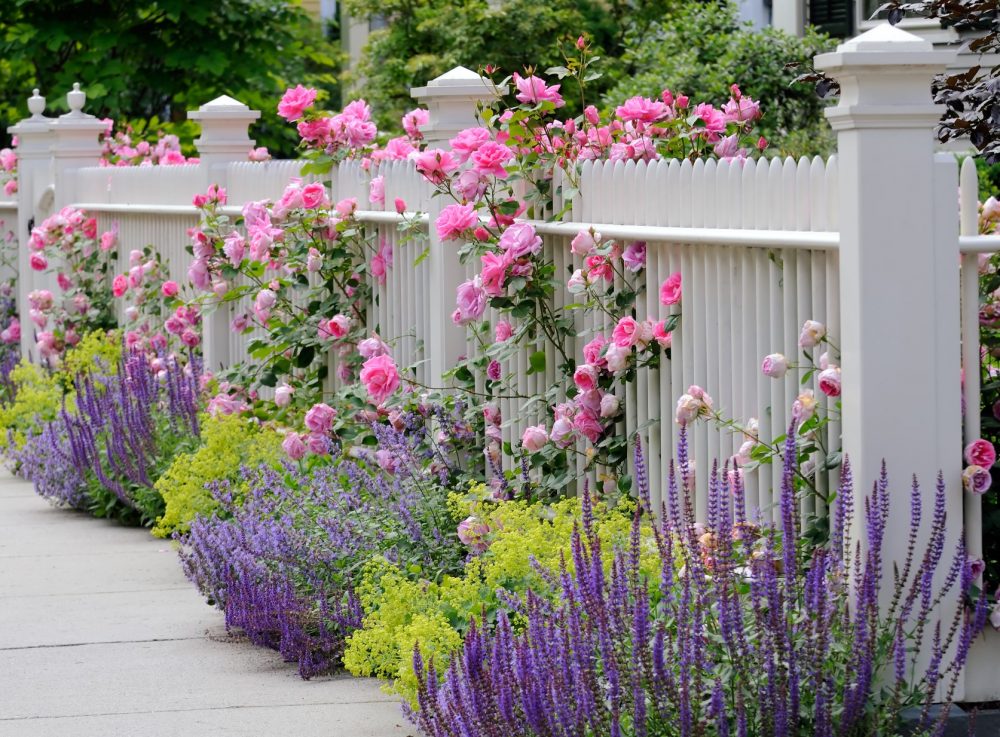Grow Roses Like a Pro: Easy Tips

Do you long to grow roses, but worry that it may be too complicated? Fear not! America’s favorite flower may have a reputation for being fussy, but follow a few simple tips, and you’ll have your own thriving rose garden.
Choose Varieties Wisely. Hybrid tea roses, floribundas, miniature roses, wild roses, shrub roses: there are a staggering number of rose categories. While all are lovely, some are unfussy growers, while others are insect and disease magnets.
Hybrid tea roses in particular need pampering to thrive. For easy care, consider other types such as floribundas that have been bred for disease resistance.
Also, be mindful of your climate. Not all roses can withstand cold winters, and some that are easy to grow in the South fare poorly in harsh Northern winters.
For help determining which roses are easiest to grow in your area, contact your local Agricultural Extension Service.
Select the Right Site. Roses love sun, preferably at least six hours per day. Morning sun is ideal, as it will dry off dew quickly.
Good drainage is critical for all roses. Their roots do not like sitting in water. Aside from that, roses can do well in a wide variety of soils.
A site with good air circulation and protection from cold winter winds is also beneficial.
Dig Deeply. Roses have exceptionally deep roots. Give them plenty of room to grow. Dig a planting hole that’s close to two feet deep to provide the best conditions.
Water Well. While roses dislike wet feet, they love a good drink. Regular watering is especially important to promote prolific flowering. Water at the base, to avoid soaking the leaves and inviting fungal disease.
For extra protection during periods of drought, spray with Bobbex Rose, which helps plants retain moisture.
Ward Off Pests and Disease. Inspect your roses regularly for signs of pests and disease. Quick action can usually eradicate problems before they spread.
Even better, prevent problems before they start. Bobbex Rose reduces the severity of blackspot and powdery mildew. It also protects against deer browsing and host of destructive insects, including aphids, mites, Japanese beetles, leafhoppers, greenflies and sawflies. Long-lasting and all-natural, it reduces or eliminates the need for chemical insecticides, pesticides and fungicides.
Few flowers can rival the rose for beauty and fragrance. Follow these suggestions and discover how simple it is for “the queen of flowers” to reward you with delight.
